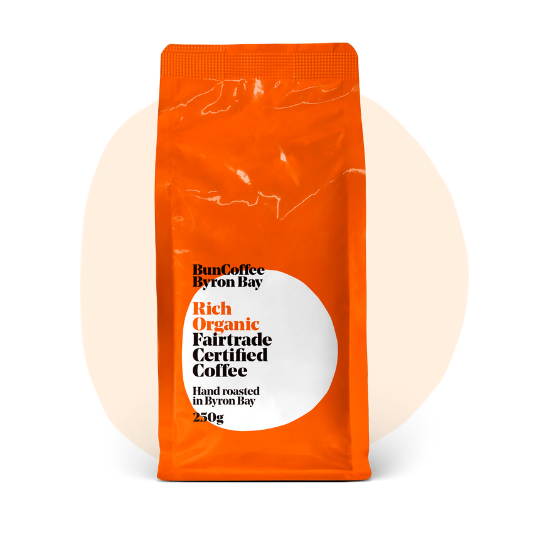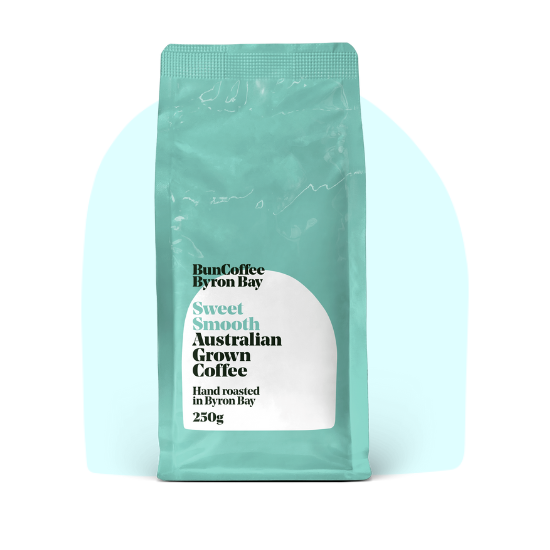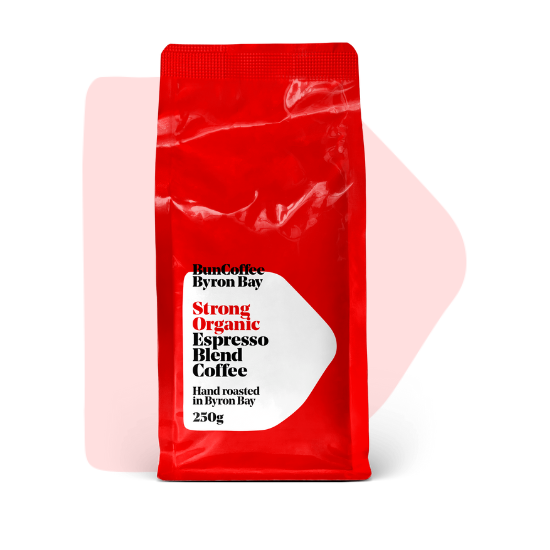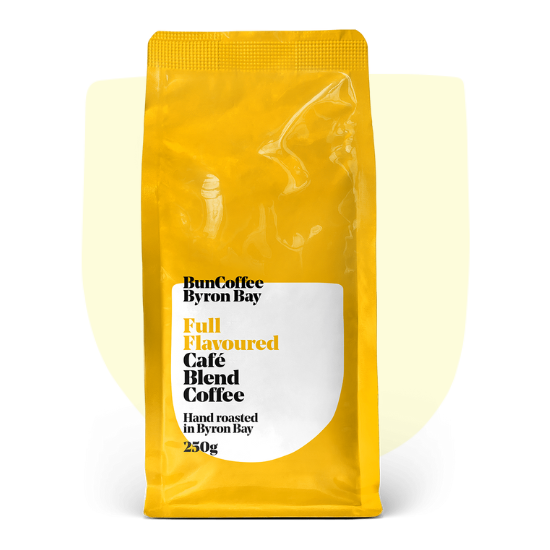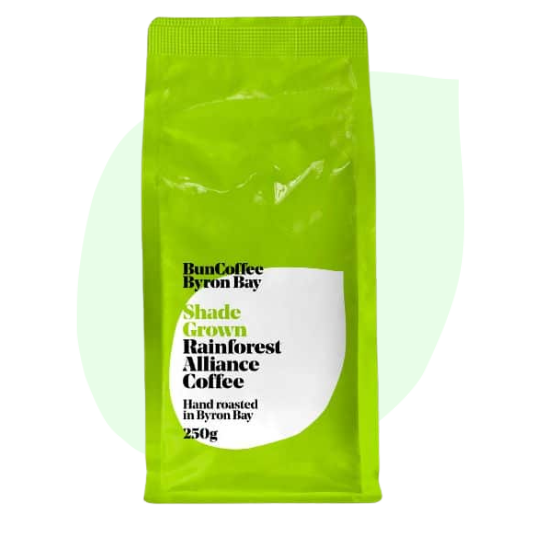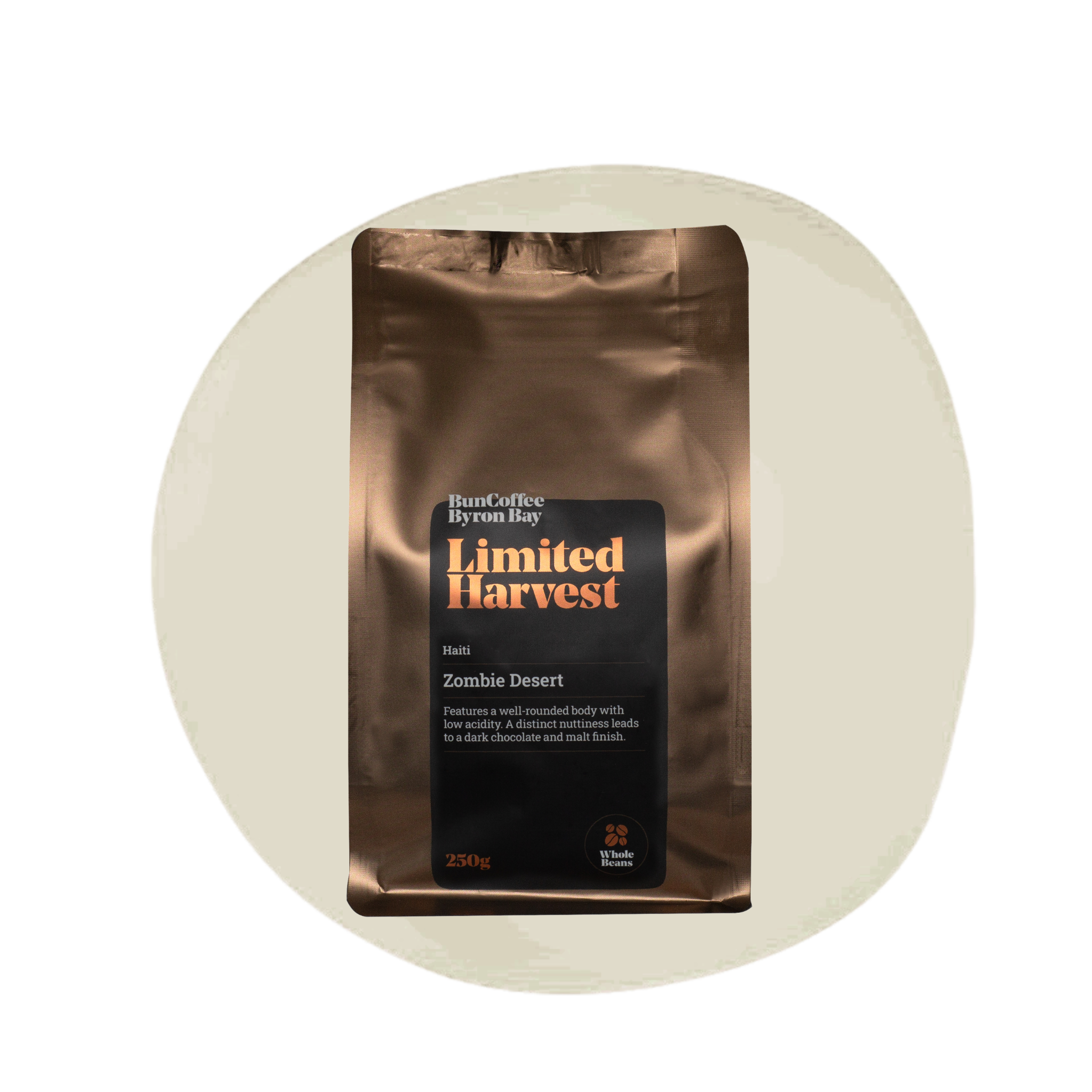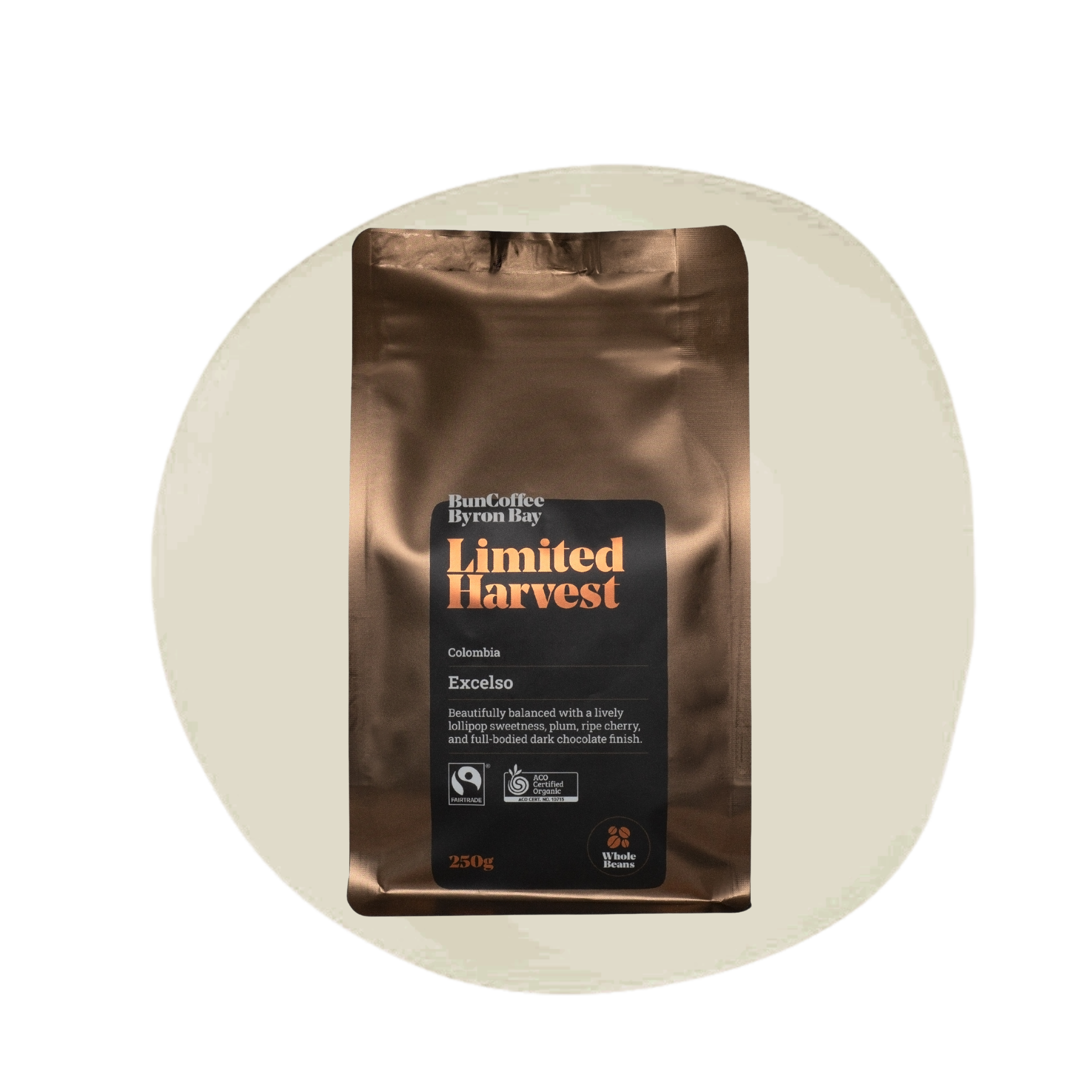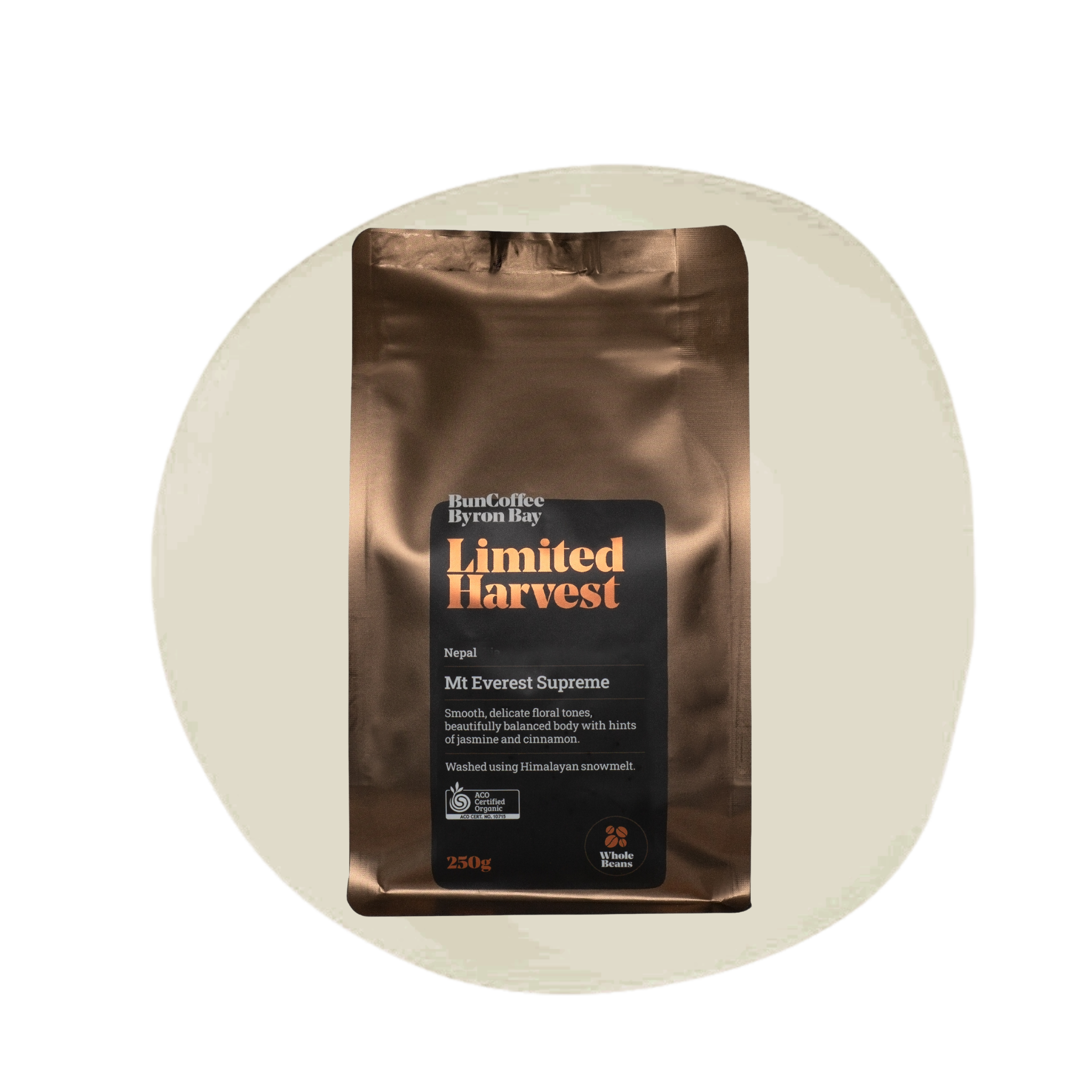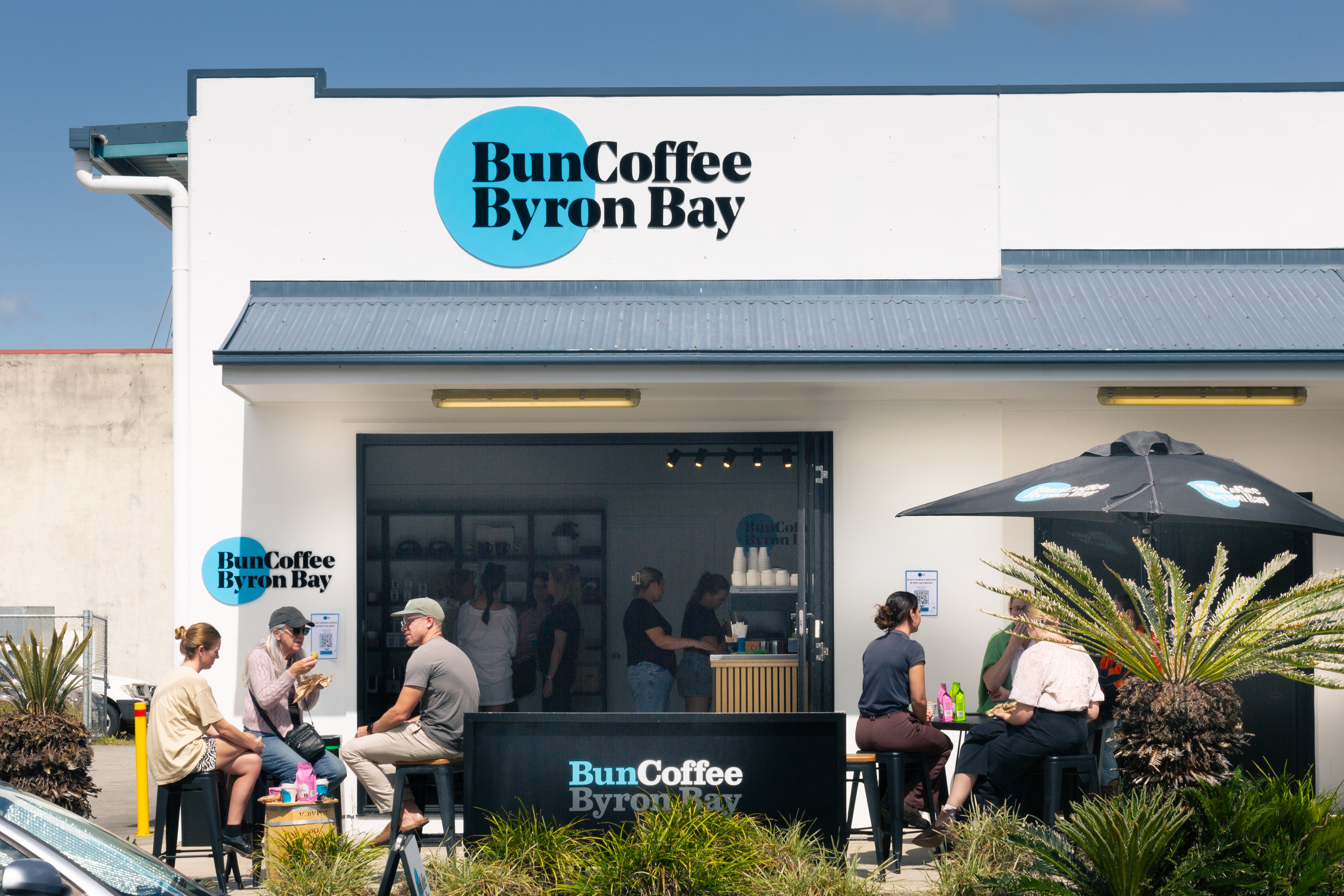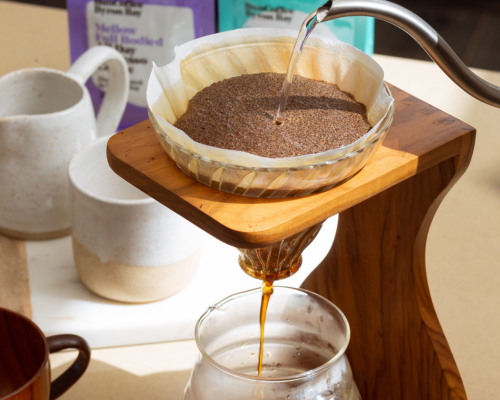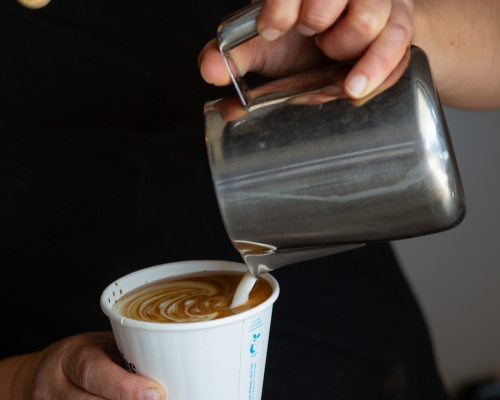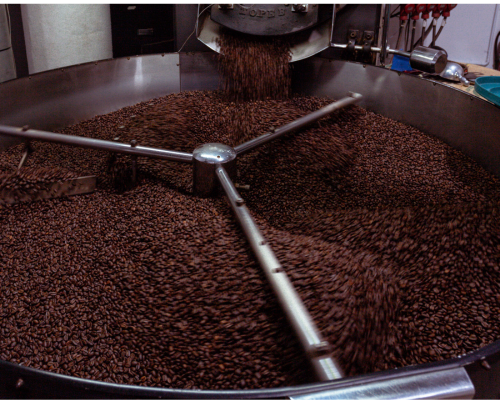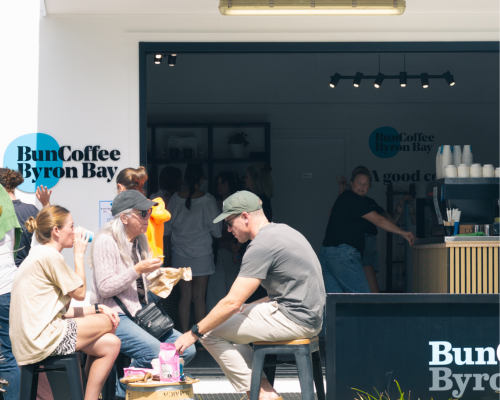Speciality Coffee is a phrase that is frequently used these days, but what does it actually mean? For artisan roasters such as Bun Coffee Specialty Coffee has always been at the forefront of what we do since we started roasting back in 2005
What is Specialty Coffee?
The Specialty Coffee Association (SCA) defines specialty coffee as beans that score 80 points or higher on a 100-point scale based on various factors like flavour, acidity, aroma, body, and aftertaste. This results from exceptional care at every step—farming, harvesting, processing, and roasting. It is generally also accepted that specialty coffees are hand-picked, selecting only the mature cherries and that the defect score is less than 5 per 350g.
Specialty coffee is also often traceable to a specific origin, whether it's a particular region, farm, or even a single lot. This traceability adds to the provenance, allowing you to connect with the people and places behind the coffee, fostering a deeper appreciation for the craft.
Why Specialty Coffee?
For us at Bun Coffee, the primary reason for using only Specialty Coffee is quality—these are the best quality beans available! This quality is reflected in the complexity of our blends; unique flavour profiles. Combined with our strong sustainability commitment, this ensures you get the best quality, ethically sourced coffees.
Flavour complexity is one of the most compelling reasons for the growing popularity of specialty coffee. Unlike ‘commodity’ coffee, which often has a one-dimensional taste, specialty coffee is like a fine wine—it can have layers of flavours, aromas, and textures that change depending on the origin and roast profile. Coffee from Ethiopia might feature fruity notes of blueberry and jasmine, while Colombian coffee could have rich, chocolaty undertones with a bright acidity.
Sustainability and Ethics
At Bun Coffee, we prioritise sustainability and ethical sourcing. By offering certified coffees with a transparent chain of provenance, we ensure that growers are paid a fair price for their beans, fostering better working conditions and promoting environmentally friendly practices. In this way, drinking specialty coffee can feel good, not only because of the taste but also because of the positive impact on coffee-growing communities.
Specialty coffee allows for a more direct connection to the people and places where the coffee is grown. Through transparent sourcing, consumers can learn about the farm, the farmers, and even the specific lot of coffee they're drinking. This deeper connection creates a sense of respect and appreciation for the supply chain. Many of our huge range of single-origin coffees are directly from the farm, where we deal with the growers.
If you’re new to specialty coffee, here are a few simple steps to get started:
1. Explore Different Origins: Each coffee-growing region has its own unique flavour profile. Start by trying coffees from different countries or regions, and consider how the flavours differ.
2. You can also try the various processing methods and learn the difference between a clean, crisp cup of Costa Rican washed and a fruity, complex Ethiopian natural.
3. For the brave, try the honey process, we have the anaerobic and carbonic
maceration processes, which take flavour complexity to the next level!
4. Experiment with Brewing Methods:
Specialty coffee shines when brewed with care. The aforementioned anaerobic coffees may be too confronting as an espresso but exhibit delightfully subtle and complex notes in a V60 pour-over.
The combinations and possibilities are endless, which is what makes the world of specialty coffee so exciting!


